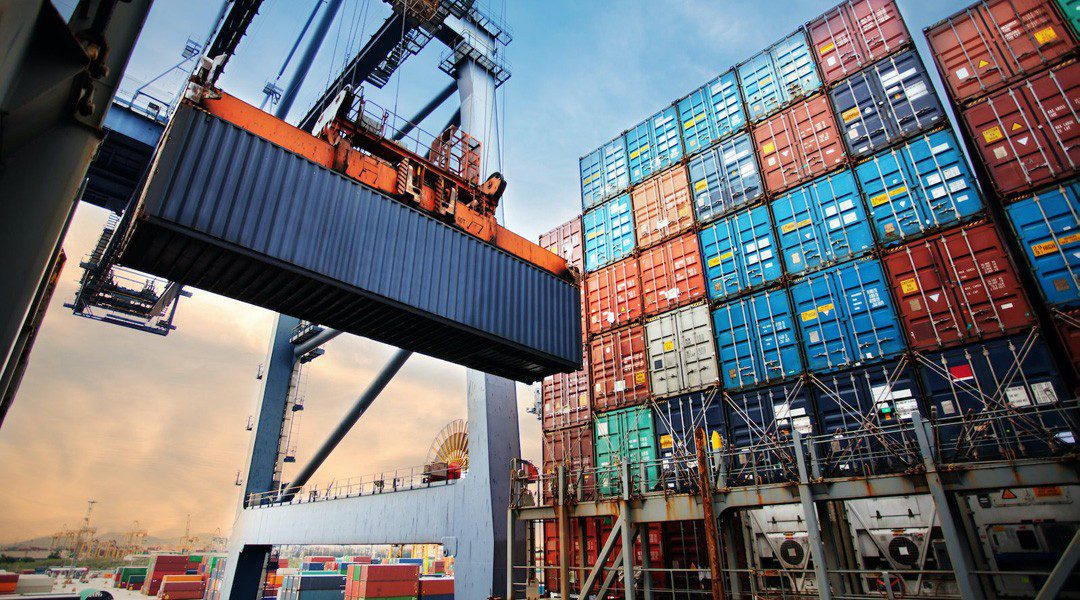Germany is making better progress than expected in filling its gas storage facilities, but it’s not enough to get the country through winter, said the network regulator head on Monday.
The storage facilities only serve as a buffer, said regulator head Klaus Mueller after visiting gas market operator Trading Hub Europe (THE), adding that gas would also be needed from Belgium, the Netherlands, Norway and soon France.
He said that it was not possible to predict the consequences of maintenance on the Nord Stream 1 pipeline announced by Russian energy giant Gazprom from Aug. 31 to Sep. 2.
It would help Germany secure supply if at least 20% capacity continued to flow through the pipeline afterward, but “whether that will be the case, we don’t know,” said Mueller.
Source: Reuters (Reporting by Matthias Inverardi, Writing by Miranda Murray; Editing by Maria Sheahan)
WORLD ECONOMY
Sweden Q2 GDP Expands Less Than Estimated; Retail Sales Fall For Third Month GIA AURIO MESHMERI
Sweden’s economy expanded less than initially estimated in the second quarter, while retail sales declined for the third straight month in July, figures from Statistics Sweden showed on Monday.
Gross domestic product advanced 0.9 percent sequentially in the June quarter, following a revised 0.2 percent rise in the March quarter. The second quarter figure was revised down from a 1.4 percent increase reported initially on July 28.
According to the initial estimate, GDP logged a 0.8 percent contraction in the first quarter.
The overall expansion in the second quarter was driven by gross fixed capital formation and increased household consumption. Meanwhile, a fall in exports dampened the growth rate.
Household final consumption grew 1.6 percent and gross fixed capital formation gained 3.3 percent, led by more investments in buildings and structures as well as in intellectual property products.
The annual economic growth eased slightly to 3.8 percent in the June quarter from 3.9 percent in March. That was below the 4.2 percent rise seen in the flash data.
In a separate report, the statistical office showed that retail sales fell a seasonally adjusted 0.6 percent monthly in July, after a 1.5 percent drop in June.
Retail sales of durables declined 1.8 percent from June, while sales of consumables rose 0.6 percent.
On a yearly basis, retail sales decreased 3.9 percent in July, after falling 4.1 percent in the prior month.
Another report from the statistical office revealed that the trade balance of the country turned to a deficit of SEK 2.1 billion in July from a surplus of SEK 7.0 billion in the previous year.
Exports climbed 21.0 percent year-over-year in July, while imports grew at a much faster pace of 29.0 percent.
Source: RTT News






